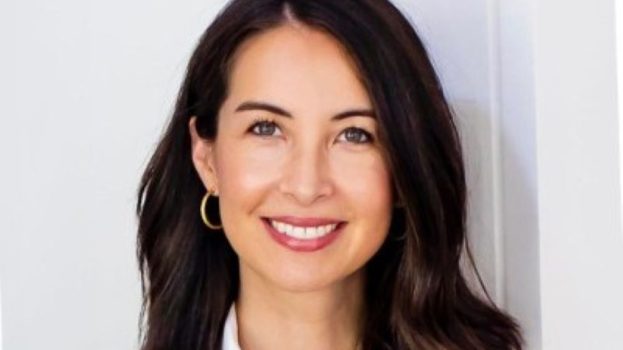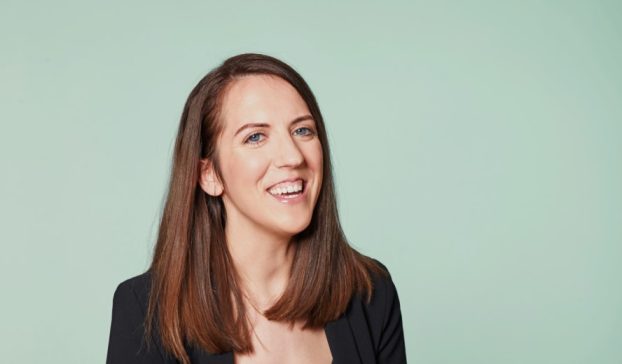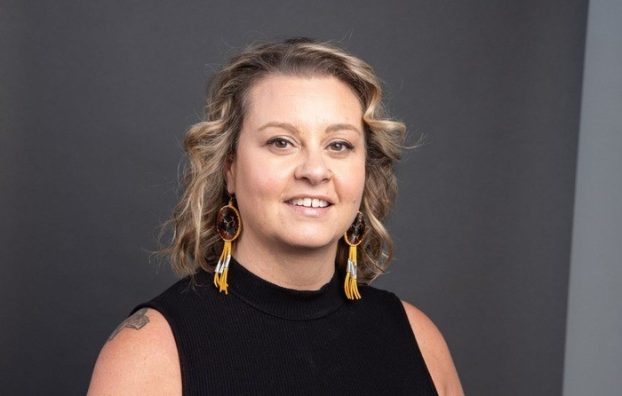
New research from executive search firm and consultancy Spencer Stuart suggests that for the second consecutive year, the average tenure of CMOs has decreased.
The firm’s latest survey of 100 top-spending organizations in the U.S. showed average tenure was down to 42 months in 2016, from 44 in 2015. By comparison, CEOs averaged more than seven years with a company.
While many have laid some blame for marketing’s uneven footing in the digital age on the supposed dwindling of CMO tenure (and the lack of institutional knowledge that can accompany it), things had been improving. The 2015 version of the research was actually the first since 2006 that charted a decrease in average months on the job.
A decade ago, the study said average CMO tenure was just over 23 months. Each subsequent survey showed incremental increase, peaking in 2014 at 48 months or four years.
While the study looks only at American CMOs, Toronto-based executive recruiter Ari Aronson, founder of Ari Agency, says he thinks Canadian marketing leaders are likely experiencing a similar trend.
“CMOs in Canada have to do more with less,” Aronson says. “More usually means focusing on the more innovative channels to reach customers – digital, mobile channels. If you think about the CMO being that traditional, overarching marketing leader and they’re not coming from a place of innovation and connecting in a digital fashion, their tenure is going to diminish.”
Instead, Aronson sees another kind of executive role taking on more leadership in the industry. “The CMO of the future is more of a chief digital officer who has a solid understanding of branding rather than a CMO with a sense for digital.”
However, his experience in recruitment leads him to believe Canadian organizations aren’t necessarily looking for CMO candidates with innovation experience when hiring. A generational shift is taking place where younger executives will be able to function better across digital disciplines. But when seeking candidates to fill a role, Aronson says brands are still generally seeking traditional skill sets.
“They still want someone to help them build their brand,” he says. “If you can only afford to hire one person, they’re not going to put a digital innovator in that role just yet. They’re still playing by very traditional standards.”
























